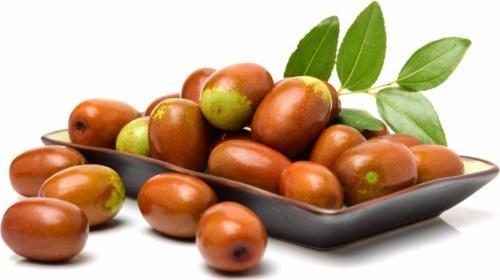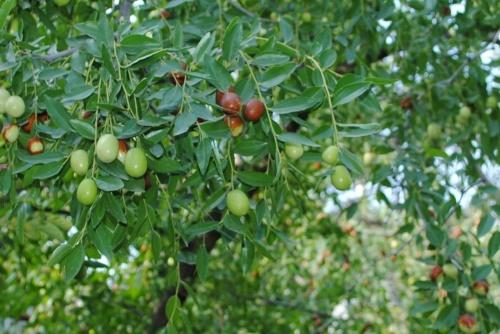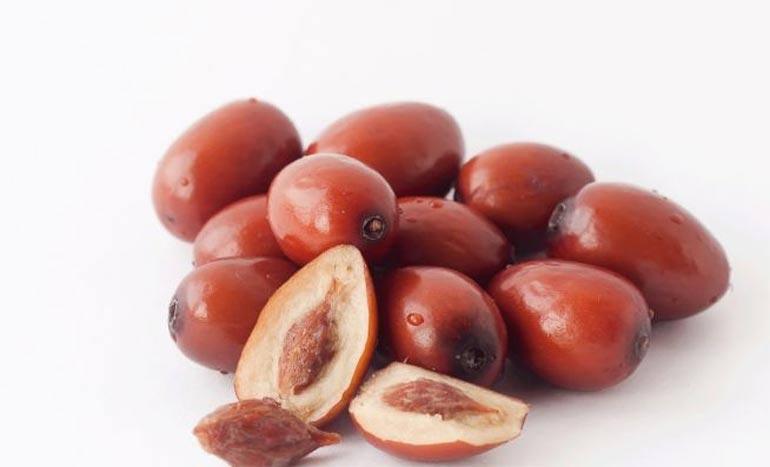Useful properties of unabi - a magical Chinese date
 Exotic plants are increasingly found in our area, especially in the southern regions, where the climate allows them to be grown. And if you consider that they can be not only beautiful, but also medicinal, it is not surprising why exotic plants have become so popular. Thus, the multifaceted useful properties of unabi make it a welcome guest in our gardens. Delicious fruits contain many nutrients and also have anti-inflammatory effects. Even the leaves and roots of the plant are healing. What is this curiosity and how has it become famous in medicine?
Exotic plants are increasingly found in our area, especially in the southern regions, where the climate allows them to be grown. And if you consider that they can be not only beautiful, but also medicinal, it is not surprising why exotic plants have become so popular. Thus, the multifaceted useful properties of unabi make it a welcome guest in our gardens. Delicious fruits contain many nutrients and also have anti-inflammatory effects. Even the leaves and roots of the plant are healing. What is this curiosity and how has it become famous in medicine?
Unabi has many names, but most often it is called a Chinese date for a similar shape of the fruit. The culture is also known as ziziphus, jojoba and jujuba.
Description of the plant

Throughout the summer, unabi blooms, pleasing the eye with a scattering of small yellowish flowers resembling stars. And already at the end of September, fruits ripen in their place. They are oval, no more than a quail egg, with a brown-chocolate skin. The pulp is like a sponge, there is a bone inside. Depending on the variety, the berries can be sweet or sour, there are also sweet and sour fruits.
Useful properties of unabi
 Unabi fruits contain more vitamin C than citrus fruits, as well as many different minerals and other useful substances. Thanks to this composition, Chinese dates are used not only for culinary purposes for jam, but also for treatment. It is noteworthy that even the leaves and roots are useful. In folk medicine, the plant is known for its positive effects on the body, namely:
Unabi fruits contain more vitamin C than citrus fruits, as well as many different minerals and other useful substances. Thanks to this composition, Chinese dates are used not only for culinary purposes for jam, but also for treatment. It is noteworthy that even the leaves and roots are useful. In folk medicine, the plant is known for its positive effects on the body, namely:
- cleans from toxins and toxins;
- tones up the nervous system;
- relieves pain;
- eliminates inflammatory processes;
- cleans blood vessels and prevents blood clots;
- has an expectorant effect;
- lowers blood pressure.
You can use either fresh or dried fruits, or brew them for infusion. The average daily rate is 8-10 pieces. However, hypotensive patients need to be careful, as unabi can further reduce pressure. Also, excessive infatuation ziziphus can lead to hypervitaminosis, as well as provoke an allergic reaction.